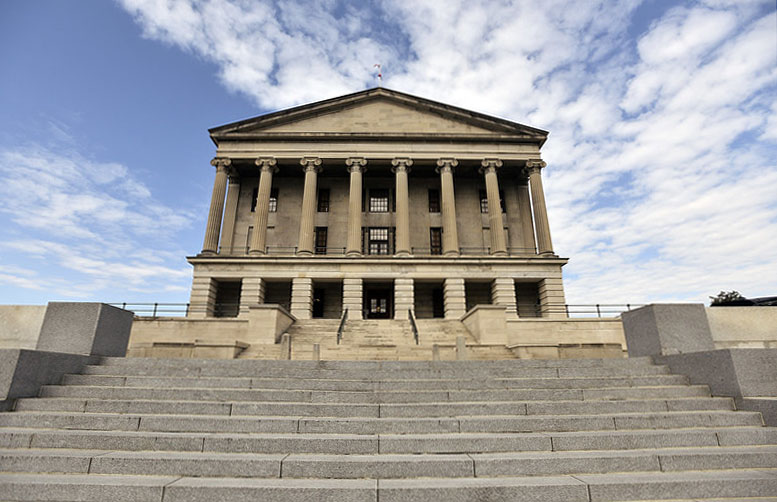
This post is a follow-up to a previous post in March 2020 that summarized the legislative actions impacting K-12 education in the expedited session. This post provides a legislative update specific to the month of June.
The Tennessee General Assembly recessed on March 19 after passage of an amended “bare bones” budget and roughly 30 critical pieces of legislation. Throughout April and May, legislative leaders and Governor Lee’s administration planned for a June return of the Tennessee General Assembly that would finish the year’s legislative work and respond to COVID-19 challenges. House Committees began to meet on May 26th; both chambers had fully returned on June 1.
During the month of June, the Tennessee General Assembly worked for a little over three weeks to discuss additional legislation and pass a final budget for the 2020-21 fiscal year. Here are the items from the June session that impacted K-12 education.
Senate Bill 2342 and House Bill 1827
This bill impacts the textbook and instructional materials process by requiring publishers to make all materials available for inspection online, authorizing the State Board of Education to grant waivers to local educational agencies (LEAs) upon request to purchase materials that are not on the state-approved list, changing the voting members of the textbook commission, and maintaining the independence of the textbook commission.
Senate Bill 1974 and House Bill 2470
This bill created a Tennessee Commission on Education Recovery and Innovation to examine the short- and long-term impact of COVID-19 and the natural disasters of 2020 on the K-12 and postsecondary education systems.
Senate Bill 1247 and House Bill 1008
This bill requires the Commissioner of Education to develop a transition plan for schools that have been placed in the Achievement School District (ASD) to return to the school’s original LEA. This bill clarifies that the school’s transition from the ASD to the original LEA would not occur prior to the 2024-2025 school year. The transition plan will be submitted to the House and Senate Education Committees by January 1, 2021.
Fiscal Year 2020-2021 Budget
In Governor Lee’s State of the State address on February 3, his initial proposed budget to the Tennessee General Assembly recommended a $600 million increase in public education investments. Less than two months later, the COVID-19 pandemic had greatly impacted the state’s revenue projections. Before the March recess, the General Assembly passed an amended budget with substantial reductions from the original proposal. During the June session, the General Assembly passed a final amended budget for fiscal year 2020-21 (FY21) that included the following changes for key initiatives in K-12 education:
- The increase to the instructional component of the Basic Education Program (BEP) was originally proposed at $117 million. This is the investment intended to go toward teacher pay increases. In the final FY21 budget, this component of the BEP received no increase.
- In the original FY21 budget, the charter facilities grant program would have received $12 million recurring and $12 million nonrecurring to help charter schools secure school facilities that are affordable and appropriate for their students. Both the recurring and nonrecurring allocation was eliminated in the final FY21 budget, which creates a dramatic drop in facility funding for charter schools throughout Tennessee.
The depth and breadth of COVID-19’s impact on Tennessee economy’s is still not entirely known, but the impact of COVID-19 on the state’s budget for fiscal year 2020-21 has now been decided. The Tennessee General Assembly approved adjustments across state government and impacting every policy area. We will continue to advocate for students during these unprecedented times as schools and districts plan for the fall with increased local needs and stagnant state resources.
Aleah Guthrie is director of policy at SCORE.
